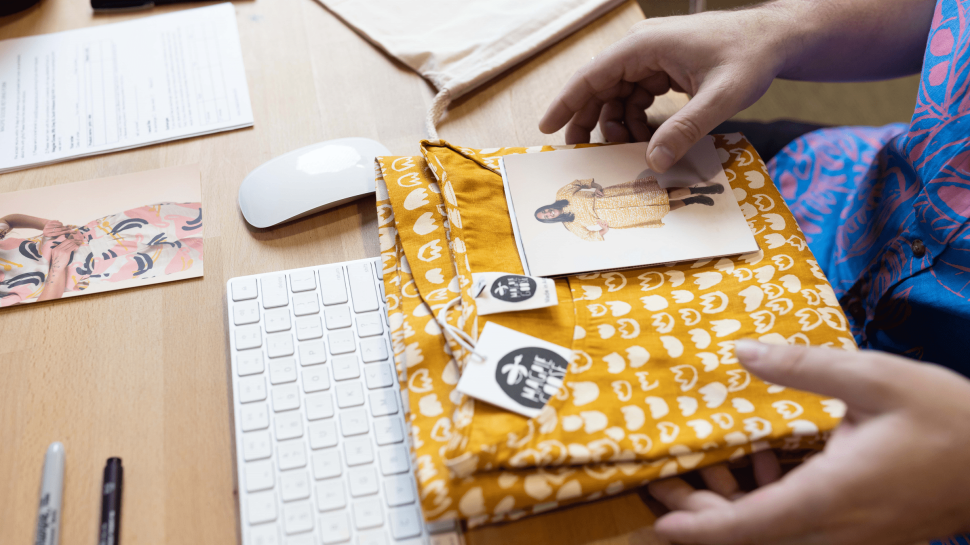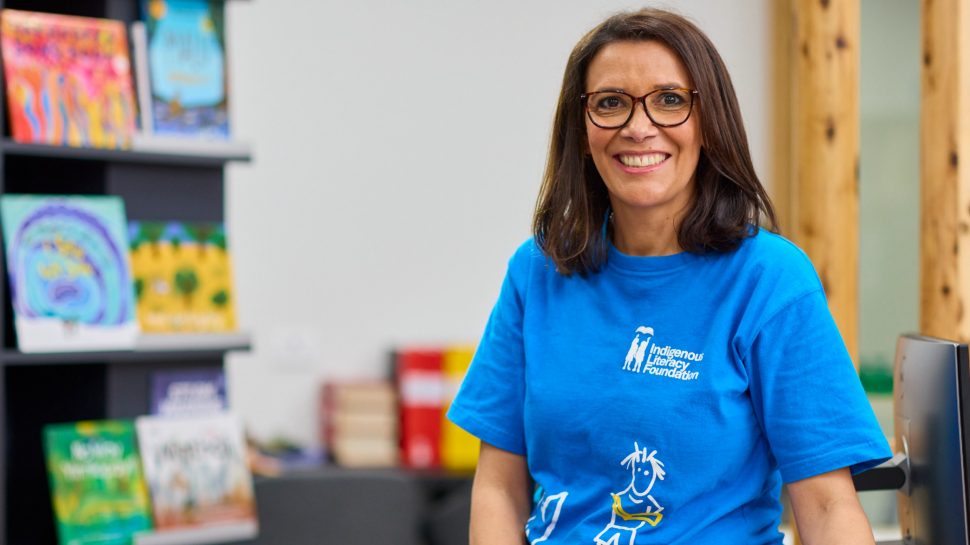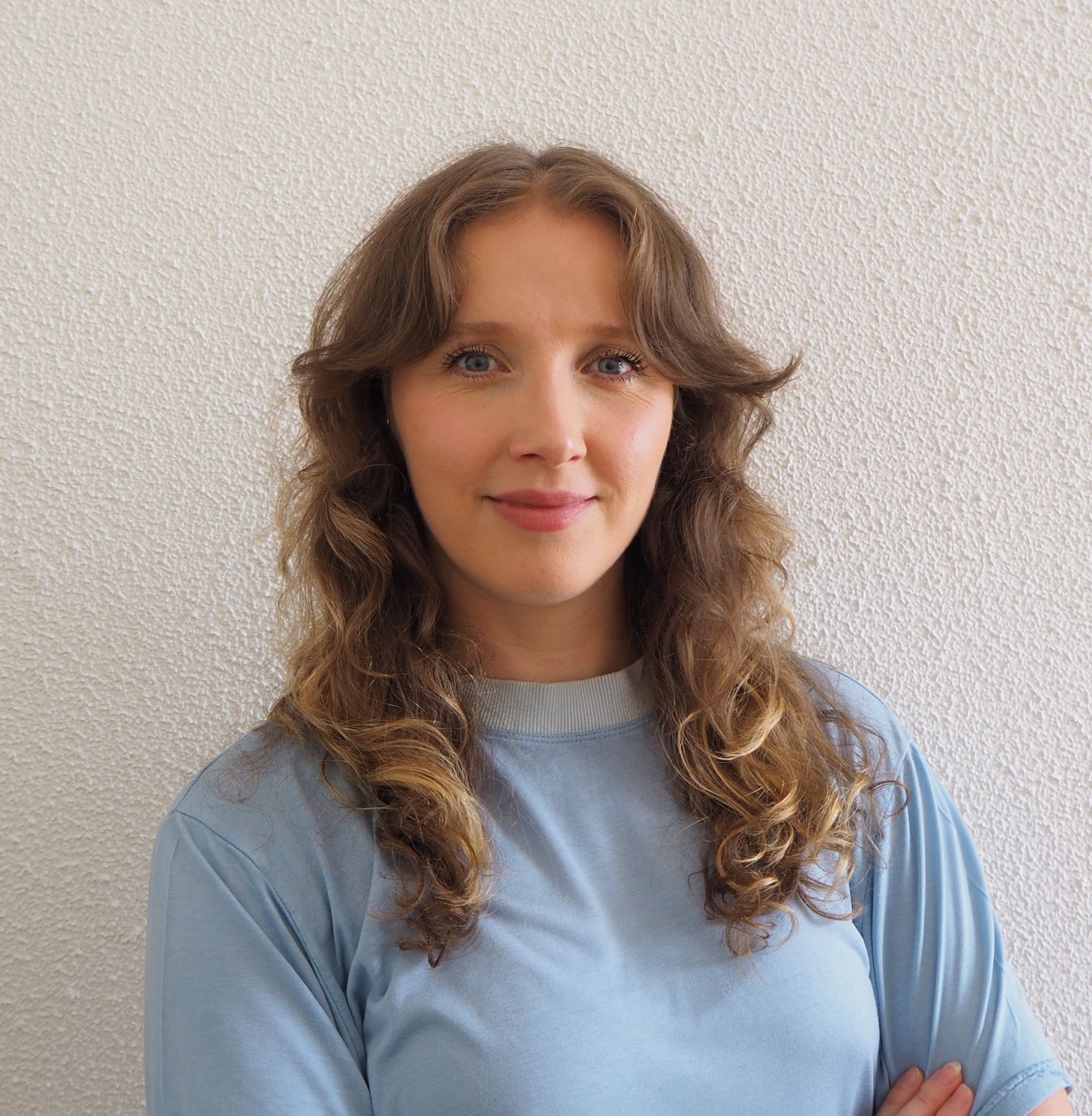What is National Reconciliation Week? 7 Activities and Ways you can get involved
National Reconciliation Week is a time to learn about our shared histories, cultures, and achievements with Aboriginal and Torres Strait Islander peoples. Here are some meaningful ways you can get involved.
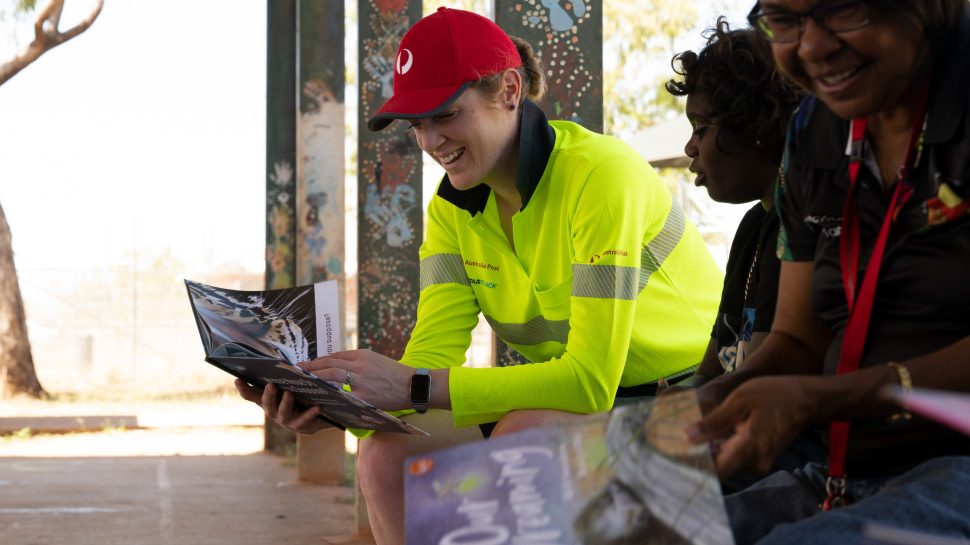
When is National Reconciliation Week?
National Reconciliation Week (NRW) takes place each year between 27 May and 3 June. These dates commemorate two significant milestones in the nation's reconciliation journey — the successful 1967 constitutional referendum and the High Court Mabo decision.
While commemorating these two milestones, this significant week is an invitational call for all Australians to learn about our shared histories, listen to the voices of Aboriginal and Torres Strait Islander peoples and challenge ourselves to actions that actively contribute to pursuing reconciliation in Australia.
Here are some meaningful ways you can get involved and support First Nations communities this National Reconciliation Week.
1. Understand our history
For Reconciliation Australia, one of the five dimensions of reconciliation is Historical Acceptance. As Australians, we have a responsibility to understand and accept the wrongs of the past and their impact on Aboriginal and Torres Strait Islander peoples.
Taking the time to Acknowledge Country, or including a Welcome to Country at an event, reminds us that every day we live and work on Aboriginal and Torres Strait Islander lands.
2. Do your research
When it comes to Australia’s shared history, there is always more to learn and have conversations with others. Continue to broaden your knowledge and understanding. At Australia Post workplaces, we’re promoting the Indigenous Literacy Foundation’s Reading Opens Doors Library; a library designed to inspire corporate Australia to read and learn more about First Nations languages and culture.
There is so much to celebrate about Aboriginal and Torres Strait Islander peoples’ culture. Love cooking? Learn to use Indigenous native plants and ingredients. Love astronomy? Understand the constellation through storytelling and voices of First Nations peoples. And when mailing something, acknowledge Country by writing Traditional Place names on your parcels or letters.
3. Attend an event
As part of NRW there are a number of local community and national events happening across Australia. Check out the Reconciliation Australia 2023 Events website for more information on what's happening in your local area. There are lots of ways to get involved from pop up markets, story time spaces, conversations with Indigenous artists and musical performances. If your workplace, school, or community group is hosting an event, you can add your own event to the calendar.
4. Connect with your state or territory network
Learning and connecting with the Traditional Owners or Traditional Custodians in the community where you live can be done through The Australian Reconciliation Network (ARN). Here, you can also find NRW activities in your state or territory. Search your location to see what organisations are doing towards reconciliation near you.
5. Support local Indigenous organisations and businesses
Understanding self-determination for Aboriginal and Torres Strait Islander peoples creates a foundation to understand issues that are important to them. Supporting local Community and National Indigenous organisations that enact change is a great way to be involved and become an ally for causes that resonate with you.
At Australia Post, we’re proud to partner with the Indigenous Literacy Foundation (ILF) helping children in remote Communities with better access to culturally relevant, high-quality books. Since partnering with ILF in 2020, we’ve used our network to deliver over 300,000 books to 453 remote Communities.
ILF CEO, Ben Bowen, discusses how we can navigate difficult conversations around reconciliation: “People have different cultural understandings and experiences, so it’s important to bring them together with something in common.”
“The way I would explain it is if you give someone directions in the city, you don't just point—you actually orientate yourself with them. That's the piece we miss with reconciliation. It’s getting that common starting point to start a conversation,” he said.
Want to start the conversation at home? Take a look at our pick of the best new release children’s books by First Nations authors to read with the kids in 2023, which are available online from ILF.
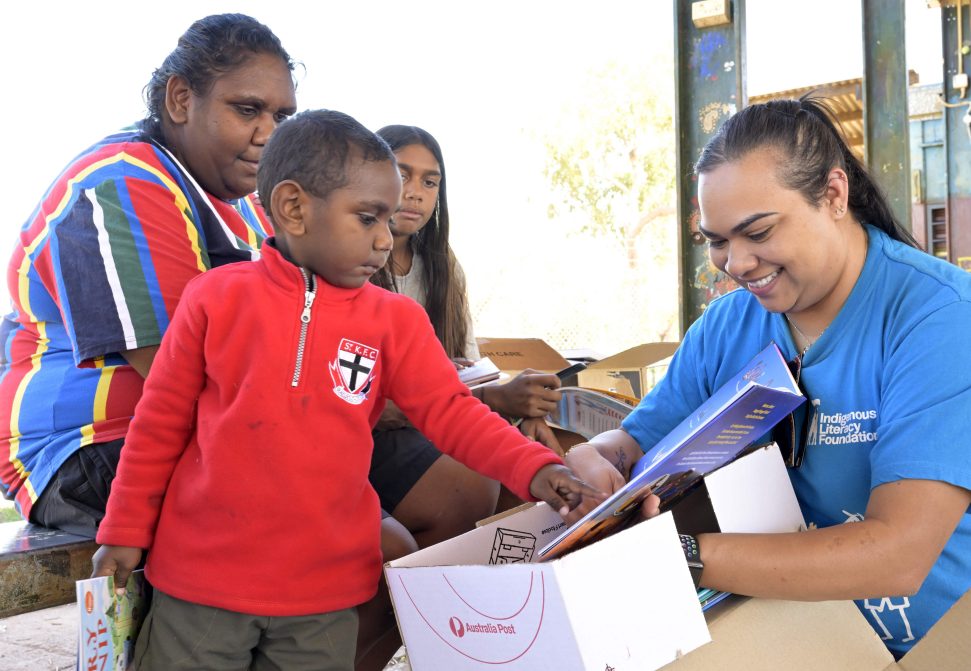
6. Be a brave ally
As Australia continues its united reconciliation journey, there are a number of ways for us to be strong allies for Aboriginal and Torres Strait Islander peoples and issues that matter to them. It’s important to listen, learn and take moments of self-reflection to understand our shared past and move towards our reconciled future.
Proud Indigenous woman and Australia Post team member, Kimberli Fourro, shares what National Reconciliation Week means to her.
“National Reconciliation Week for me is a call to action for allies and all Australians to check in on what they’re doing to contribute to a more equitable, just and reconciled Australia” Kimberli says.
Ways to show support as an ally are individualised and may include: listening to local Communities and sharing their stories, learning about the impacts of our past and its cultural context, and speaking up when you hear someone saying something inappropriate.
7. Do all of the above every week of the year
To truly engage with National Reconciliation Week, apply the same energy we give to this significant period, every week of the year. Look for opportunities in your daily life to acknowledge and champion our First Nations peoples.
Joan Lawrie, another proud Indigenous team member at Australia Post, says, “For me, reconciliation is a daily journey. It's being able to recognise all the people that came before us and that fought for all this change...to really be able to stand up and listen and learn.”
Using Traditional Place names in addresses is one way to acknowledge our past and celebrate the enduring strength of First Nations people and culture. Learn more about making Traditional Place names part of mailing addresses.
NAIDOC week is another significant event that essentially acknowledges the history, culture, and achievements of Aboriginal and Torres Strait Islander peoples.
Held from 2-9 July 2023, a mere month after National Reconciliation week, NAIDOC Week is a wonderful opportunity for all Australians to learn about Indigenous cultures and histories and participate in celebrations of the oldest continuous cultures on earth. Learn more about NAIDOC week.
We acknowledge the strength and resilience of Aboriginal and Torres Strait Islander peoples, Communities, and our commitment towards a united and reconciled Australia for all.
Related articles

Understanding NAIDOC Week and how you can get involved
Understanding NAIDOC Week and how you can get involved
